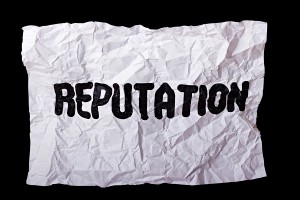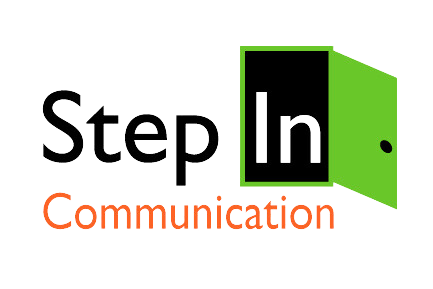 Most companies planning for their crisis communications focus on physical types of crises like natural disasters and crime. Increasingly, however, it’s just as likely that an organization will face a crisis of reputation and the crisis will happen on social networks. This is a shocker to many traditional companies. You can just imagine the CEO saying: “Why should we put time and resources toward something that does not represent loss of life and limb?”
Most companies planning for their crisis communications focus on physical types of crises like natural disasters and crime. Increasingly, however, it’s just as likely that an organization will face a crisis of reputation and the crisis will happen on social networks. This is a shocker to many traditional companies. You can just imagine the CEO saying: “Why should we put time and resources toward something that does not represent loss of life and limb?”
In short, if you don’t, you’ll be toast.
Online conflicts can be brutal as anyone who has weathered one will tell you, but you CAN survive one. The key is to be aware of what’s going on in the virtual world and to prepare for the next conflict.
“Your online privacy—the combination of what you and other share about you online and what you manage to keep off the Web – and reputation are inextricably intertwined,” says Andrea Weckerle, author of Civility in the Digital Age.
An online conflict can be completely manufactured. It can spring from erroneous information, a misunderstanding, or the widespread opinion of a key influencer. This is completely counterintuitive to how most companies prepare for real crisis communications. It is just as likely to spring from a genuine customer service issue or human resource matter which is advanced by a loud and influential person in your networks.
A traditional crisis usually has a beginning, middle and end, allowing the team to return to a normal state of affairs. This is not always true for an online conflict, which keeps coming back because of the social network convention of sharing and passing along links (false though they may be!) as well as the likely results from search engine queries.
There are things you can do to prepare for this type of crisis, but it does take a time commitment. First step: find out your current online reputation. Do this when things are normal, not when something’s brewing. One thing you can do is Google your company name once a week and see what you find. Then Google your company name with “stinks” or another bad word and now see what happens. Once you do that, it opens up additional opportunities to search networks like LinkedIn, Glass Door, Yelp and Trip Advisor to see results there, too. Second step: start fixing anything you find which is inaccurate or incomplete.
This only scratches the surface of monitoring your online reputation. Among the many gems in Weckerle’s book is a complete chapter on monitoring your online reputation with detailed instructions on how to do it. This book is a blueprint for managing all types of online disputes, based on Weckerle’s experience as an attorney and as the founder of CiviliNation, an organization dedicated to making the internet a more civil place. It is full of relevant case studies and numerous strategies for resolving every type of online conflict imaginable.
Even if your company is not in an all-out crisis of reputation online, learning to navigate negative reviews is part of managing civility online. The Journal of Consumer Research reported that negative reviews which were polite actually helped to sell the merchandise which was reviewed.
Our research raises the intriguing possibility that brands might benefit when polite customers write reviews of their products — even when those reviews include negative opinions.
The authors — researchers Ryan Hamilton, Kathleen D. Vohs, and Ann L. McGill — found that cultivating civility might make consumers feel better about a product.
So, why should you put time and resources toward something that does not represent loss of life and limb? Your reputation depends on it.
